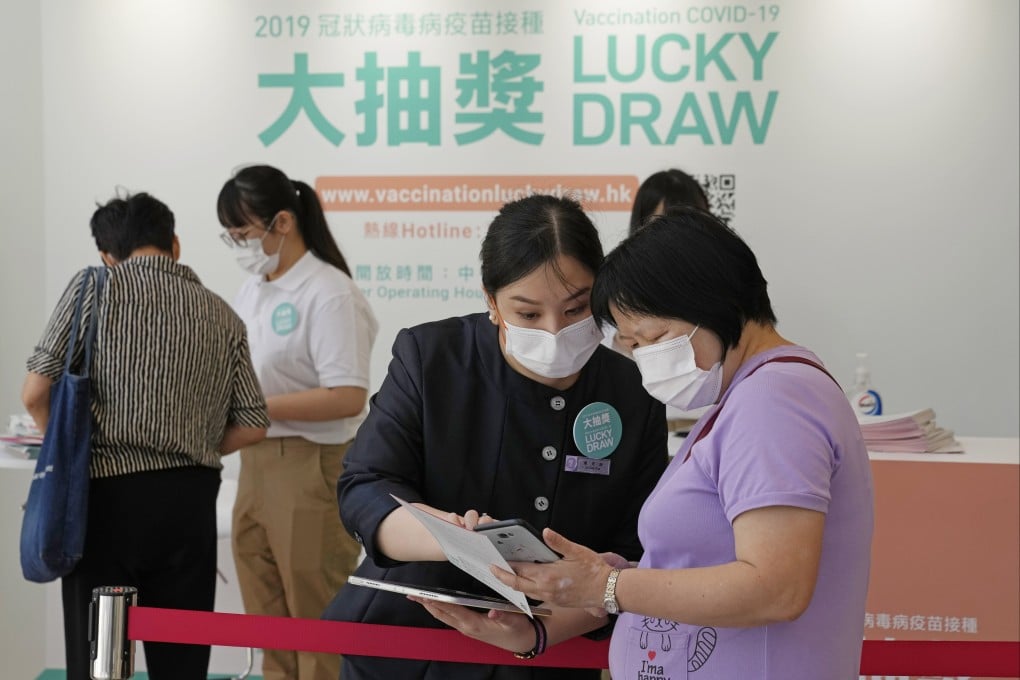Advertisement
My Hong Kong | Should Hong Kong be offering vaccination lottery prizes? Flats, cars and shopping vouchers appeal to people’s pockets, but not to their hearts
- With businesses having to turn to such outrageous perks to get Hongkongers to vaccinate, it does beg the question of why our rates are so low in the first place
- If there is public mistrust or fear of these vaccinations, the money could be better spent on education or winning trust, not this form of financial coercion
Reading Time:3 minutes
Why you can trust SCMP
2

There is a Chinese saying that goes something like: “Money will make the devil turn millstones,” the Chinese equivalent of the oft-said phrase “money talks”.
In a bid to boost Hong Kong’s particularly low vaccination rates, the local business community has offered a slew of extravagant prizes to be won via lotteries to get Hongkongers flocking to vaccination centres.
Prominent companies such as CK Hutchison and Sun Hung Kai Properties have piled on all sorts of high-end prizes worth millions of dollars.
Advertisement
One of the most talked-about prizes to be won is a HK$10.8 million (US$1.4 million) flat in a newly built Kwun Tong development.
In the same draw, an additional 20 prizes, such as prepaid credit cards valued at a whopping HK$100,000 each, can also be snapped up by lucky winners.
Advertisement
Advertisement
Select Voice
Choose your listening speed
Get through articles 2x faster
1.25x
250 WPM
Slow
Average
Fast
1.25x
